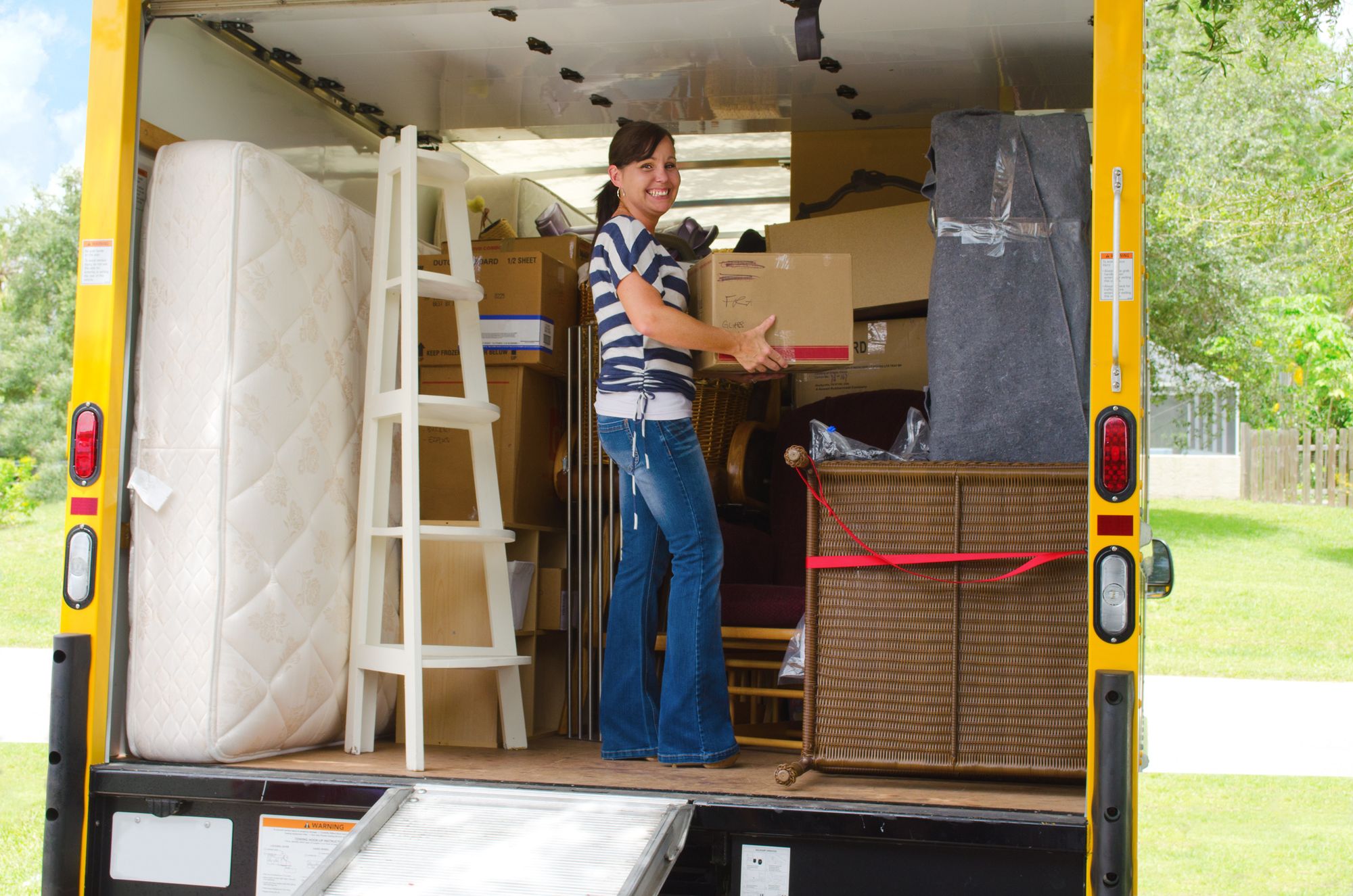Moving to a new house is an exciting experience but can also be costly and time-consuming. Two factors you’ll have to consider when making a move is saving money and time. It’ll be a terrible experience for you to start a new life behind schedule and broke. During the onset of your moving plans, you should begin by determining how much money you’re willing to spend and create a timeline for the entire process.
When planning to make a move, research should be your priority because it’ll help you make informed decisions. You can make inquiries from friends and family members who’ve made similar moves or companies that help with moving. Online resources are also free and offer a lot of information on tips for saving money and time when relocating. Thus, you’d want to continue reading about moving hacks from various internet sites to be well versed with the associated dynamics. Meanwhile, here are five ways for you to save money and time on your next move:
Create A Budget
Start by making an estimated budget for the entire move, including costs you might incur during house-hunting and showings. Working within a budget will help you avoid wasting money and secure your moving process. You can start by researching the basic moving fee in your location; this may include your packing materials, truck rental, storage units, and moving insurance.
Nonetheless, the budget should be flexible to cover sudden needs or emergencies. You can make an extra budget for miscellaneous expenses, which shouldn’t be much but enough for emerging issues. Furthermore, a well-curated budget will give you room to eliminate unnecessary items and include important factors such as the preparation of the new house.
Declutter Your Current Home
Before packing and making arrangements for your move, begin by decluttering your present home. You can declutter each room separately to ascertain that the items left are the ones necessary when moving. One of the ways of decluttering is by making piles of what you’ll be keeping and what has to go.
You may realize that the moving load has been significantly reduced, hence a shorter time in packing and loading the moving truck. The moving cost may also be reduced because you can use a smaller truck and fewer packing supplies such as boxes.
Once you’ve sorted the items you don’t need for the move, you can sell them through a garage sale or post them online. The money you make can cover a few items on your moving list or add to your savings.
Be Resourceful With Your Packing Materials
Packing materials such as boxes and tapes can be expensive, especially if you’ve got a lot of items. Try to be creative in your packing methods to reduce the materials you’ll need and thus cut costs. Try using alternative packing materials, such as towels, soft clothes, and linens, instead of purchasing wrapping paper. You’ll have to ensure that each item is adequately wrapped for safe moving. Additionally, you can use suitcases and bags for packing instead of buying boxes.
Use A Hybrid Moving System
When making a move, one of the aspects taking most of your budget is the moving company you’ll be hiring. While they’re the most guaranteed option regarding the safety of your belongings, you may sometimes fail to find an affordable one, depending on your locality. In such an instance, you can considerably reduce the moving cost if you opt for a hybrid moving model where you’ll be renting a moving truck and self-driving.
Besides, the hybrid system could save time because you’ll drive yourself and not make unnecessary stopovers. Moreover, the chances of your things getting lost or delayed are slim. However, you’ll have to consider the cost of loading labor, which can be by the hour, or load your belongings if they aren’t heavy.
Get An Insurance Cover
Losing items when moving to a new house can be devastating and significantly affect your fresh start. Consider insuring your valuables, such as art, electronics, and cars, to ascertain that you’re covered in case of loss or damage.
There are several insurance options that you can use. Take time to determine the one that’s affordable and effective. If you’re unsure which option to take, consult an insurance agent who’ll explain all the details. You can also inquire about the time the insurance company will take to compensate for the loss or damage of items.
Conclusion
In the ever-evolving world of house moves, being savvy about how you approach your transition can have a significant impact on your moving costs. As highlighted in the article, simple actions like opting for fewer boxes, utilizing alternatives to bubble wrap such as newspapers or old clothes, and smartly choosing your moving date can drastically reduce moving expenses. It's worth noting that while many lean towards sourcing free moving boxes from local businesses or a family member, it's essential to ensure their sturdiness to avoid any damage to your valuables.
Choosing between moving companies requires careful scrutiny, especially if you're aiming to maximize savings without compromising on service quality. Leveraging reviews, seeking recommendations, and comparing quotations can be the difference between an overwhelming expense and a reasonable one. Remember, professional movers offer different packages, and by thoroughly understanding your needs, you can opt for a deal that's both cost-effective and tailored to your requirements.
Finally, in a world where every penny counts, especially when considering large expenses like a down payment on a new home, it's imperative to not let small oversights in packing materials and planning escalate your overall moving budget. Whether you're a DIY mover using packing paper and other recyclable packing material or someone leaning on the expertise of a moving company, being informed and proactive will ensure a smoother, more affordable transition.






